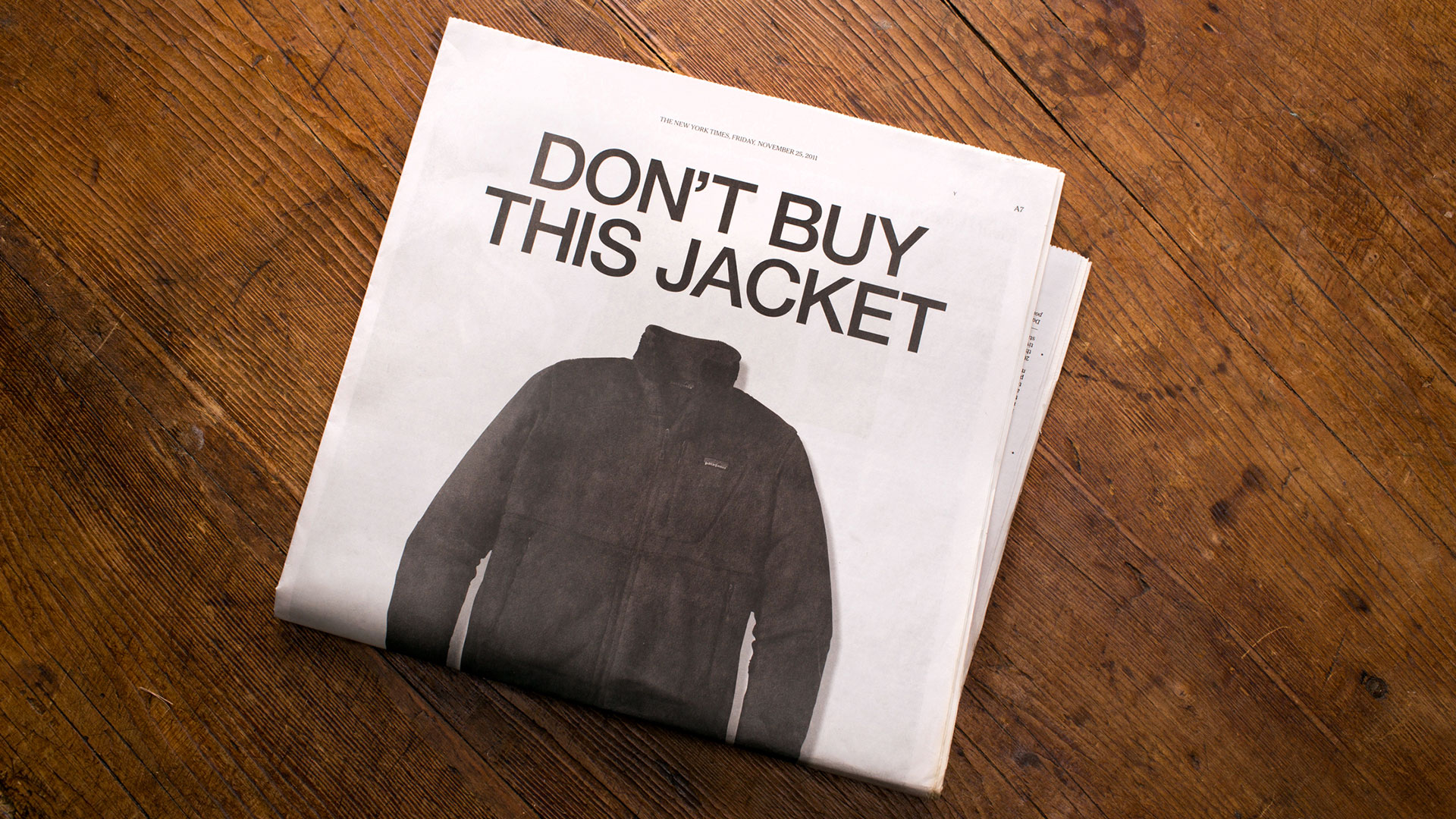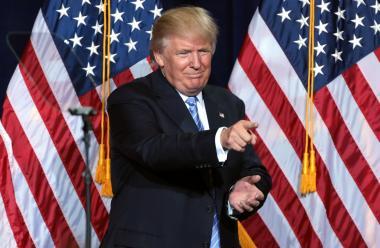The world as we know it is “crumbling before our eyes” France’s Ambassador to the United States has exclaimed. In the wake of Trump’s unexpected victory, brands can either choose to stand shell-shocked, grumble and carry on as they’ve always done. Alternatively, they can hold up the mirror and examine why big business and the media got it so wrong. If we got our fellow citizens so wrong about this, what else do we not know about them? What does this signal about people’s attitudes to the establishment, to the conventional, to the ‘sensible’? Never one to waste a good crisis, we look at three key learnings that brands can take from recent events Stateside.
Birth of the anti-consumerist brand
As brands scramble to bring to life a sense of social purpose to build trust and stand out from the pack, it’s clear that this will all be in vain if brands don’t truly engage with citizens to understand their everyday experience, in turn using this intel to build relevance, convey authenticity and market growth. Trump simply doesn’t sound like a politician. His language comes from outside politics. And in the same way, brands need to come from outside ad-land to win over exhausted, cynical people. Forward-thinking brands are rethinking how they understand and interact with people, applying an open and even vulnerable stance in order to build rapport and get to know people as citizens, not consumers. Only 7% UK consumers would describe brands as “open and honest”. There are a handful of examples of brands putting this into practice, from Patagonia’s “Don’t buy this jacket” ads to McDonald’s Canada’s “Our food, your questions” campaign, but transparency and humility are all too often rare finds.

Desperately seeking…. anyone else!
New York Times promises to start 'reporting world news more accurately' after Trump victory, blasted the Independent last week. This tautology of a headline may sound like something straight out of the Daily Mash, but it sums up the disconnect between Maddison Avenue macchiato-sippers and the reality facing communities both sides of the pond. We live in an ever-polarized society, with ‘experts’ on the one hand and ‘masses’ on the other. Earlier this year blogger Sean Blander proclaimed ‘the other side is not dumb’ and that there is a huge risk of people grouping themselves against the ‘other’ to find identity and comfort, causing social breakdown. In Adam Curtis’ Hypernormalisation documentary, the utopia of social networks opening up access and democracy is exposing its dystopian side. By tailoring news and culture this simply reinforces our current world-view, limiting our interaction with people living a different experience.
This is an opportunity for brands to step in and bridge the divide, helping us to connect. Two-thirds of Britons think that their community would be stronger if people were encouraged to know each other better. As consumers look more for experiential purchases (think Airbnb’s latest addition of the Trips service, or John Lewis’ announcement that prosecco bars and holiday bookings will soon feature in store), how can brands follow in the footsteps of Bisto’s Open Door Sunday campaign and enable greater social cohesion, foster new experiences, and broaden people’s horizons?
We are all individuals now
Urban professionals braying about how stupid Trump supporters are, while small-town workers scream boredom with the big-business backed Clinton status quo. This has been the picture painted lazily by the media over the past few months. Left versus right. Rich versus poor. White versus minorities. Men versus women. These spectrums don’t necessarily apply any more in politics, nor everyday life. True, two-thirds of countries worldwide are more unequal than they were in 1980, but if there’s one thing that characterises Millennials, it’s that they are all so different. Generation Z are just as likely to share LadBible memes and an Al Jazeera documentary in the same breath, or binge on Love Island while tweeting about Oxfam’s Behind the Brands.

There may be a gulf economically, but this doesn’t neatly predict people’s political or cultural mindset anymore. Market researcher Tash Walker’s work into human behaviour reckons that in the run up to Brexit, contrary to how the media painted it, young people were actually afraid and felt unprepared to make the right decision, whereas the baby-boomers felt more adventurous (the ‘Boaty McBoatface’ side of British humour coming out to play). Marketers and business leaders must be cautious of lumping people into a box. Having a deeper relationship with your customers, whereby CSR and Market research activity is woven together strategically, can help you to truly understand your communities.
Charlotte West is Marketplace Director at Business in the Community, the Prince’s Responsible Business Network.
To access support materials and find out how to get involved with our campaign to improve society through purpose-driven brands visit www.bitc.org.uk/marketplace
Newsletter
Enjoy this? Get more.
Our monthly newsletter, The Edit, curates the very best of our latest content including articles, podcasts, video.
Become a member
Not a member yet?
Now it's time for you and your team to get involved. Get access to world-class events, exclusive publications, professional development, partner discounts and the chance to grow your network.

